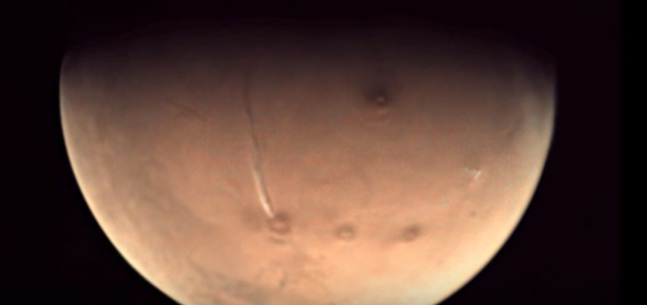A new job position has opened up at NASA and it involves bringing home samples from Mars. As indicated in the job ad posted by the space agency, the successful applicant will handle NASA's upcoming mission on the Red Planet.
The job ad recently posted by NASA is for the position of Director for its Mars Sample Return (MSR) program. The ad is open to the public and can be accessed through the official website of the US government.
Job Details Of MSR Director

As head of the program, the successful candidate will oversee various tasks related to the different stages of the MSR. These include planning for the mission, developing the various procedures for the MSR and handling the actual operations of the mission.
"The incumbent is responsible for implementation of all MSR program activities, beginning with mission formulation and continuing through design, development, launch, and mission operations," NASA stated in the job ad. "The incumbent also assesses and evaluates the total flight program design, development, and operational activities."
According to NASA, the program's director will earn an annual salary of up to $188,066.00. The job requires relocating to the agency's facility in Washington DC. Those who are interested in applying for the position may do so until February 5.
Collecting Samples From Mars

As its name suggests, the MSR mission is focused on collecting samples from Mars so they can be studied in laboratories on Earth. Although the agency has already sent numerous robotic missions to the Red Planet, this will serve as the first one that will collect samples for Mars.
To accomplish this objective, NASA has divided the MSR into three stages. The first one involves the launch of a new Mars rover, which is scheduled to take place in July. Once it reaches the Red Planet, it will carry out the second stage of the mission, which involves collecting Mars samples.
For the third stage of the mission, NASA's partner the European Space Agency will send a spacecraft to Mars to retrieve the samples, which will be placed inside a canister and launched into Mars' orbit. If all goes well for the agencies, they will be able to successfully return samples from Mars within the next decade. Through these samples, scientists will be able to uncover new information about the Red Planet, such as the possibility of alien life existing on Mars.









